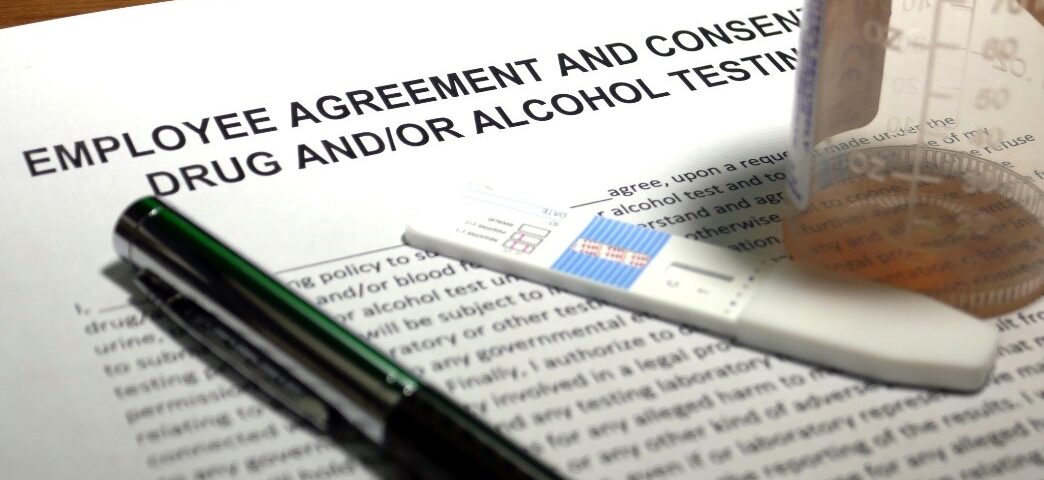Texas Drug Testing Laws: What Employers and Employees Should Know

How Pre-Employment Drug Testing Helps Create a Safer Work Environment
May 13, 20242024 June Newsletter
June 3, 2024Drug testing at work is a big deal as it balances the safety needs of employers, employees, and the public. In Texas, drug testing laws are more relaxed than in many other states, giving employers a lot of freedom to set their own policies. Despite that, there are still key legal and ethical points that everyone should know. Let’s explore them!
Employer Rights and Responsibilities
Texas lets employers run drug tests as part of their workplace rules. This can involve pre-employment, random, and post-accident testing, as well as testing based on reasonable suspicion. While having a drug-free workplace policy isn’t mandatory, it’s recommended, especially for industries like transportation or federal contracting that have specific rules.
For example, companies under the Department of Transportation (DOT) must follow strict federal guidelines for drug and alcohol testing. These rules ensure safety in critical positions by enforcing thorough testing and reporting procedures.
Employee Rights and Protections
Employers in Texas can test for drugs, but employees have rights too. Employees who get treatment for substance abuse but are not using illegal drugs are protected by the Americans with Disabilities Act (ADA). The Texas Workforce Commission also demands that drug testing policies be applied fairly and without discrimination.
Employees who test positive must have a chance to explain the result and provide information about any prescribed medications that might have affected the test. This ensures fair treatment and that legitimate medical treatments aren’t mistaken for illegal drug use.
Legal Implications and Considerations
Texas doesn’t have a mandatory requirement for drug testing policies, so individual company policies and job types can significantly shape the legal landscape. Employers must clearly document their drug testing policies and communicate them effectively to their employees. This can help avoid legal disputes and ensure everyone understands the rules and consequences of drug use.
Employers should also know about the Texas workers’ compensation program. A positive drug test following a workplace accident can affect an employee’s eligibility for workers’ compensation benefits. So, a solid drug testing policy not only creates a safer work environment but also legally and financially protects the business and its employees.
Conclusion
Texas provides a flexible setting for workplace drug testing, but employers and employees must remain informed about their rights and obligations. Clear policies, consistent application, and understanding relevant legal protections can help create a safer and more compliant workplace.
If you’re looking for a reliable partner for your testing needs, Drug Screen Compliance in Texas is here to help. We offer comprehensive services to ensure you follow all drug testing laws and regulations. Contact us today to handle your drug testing programs professionally and efficiently!




